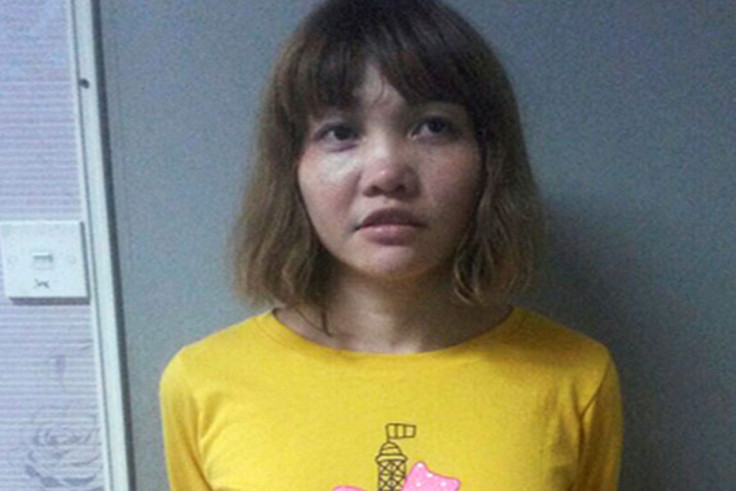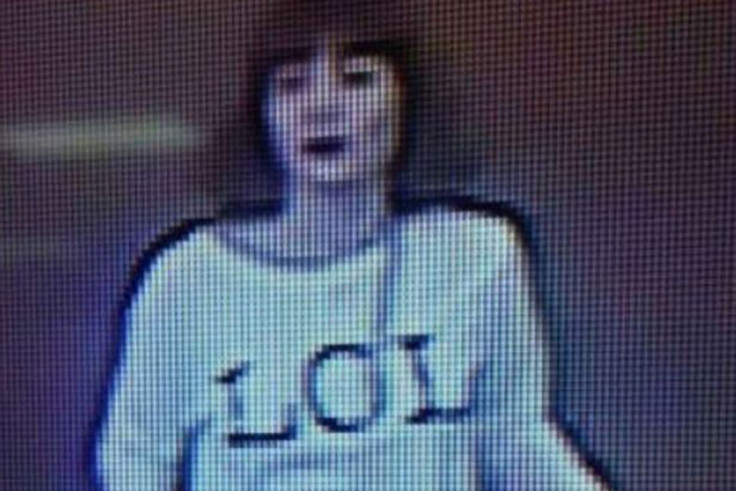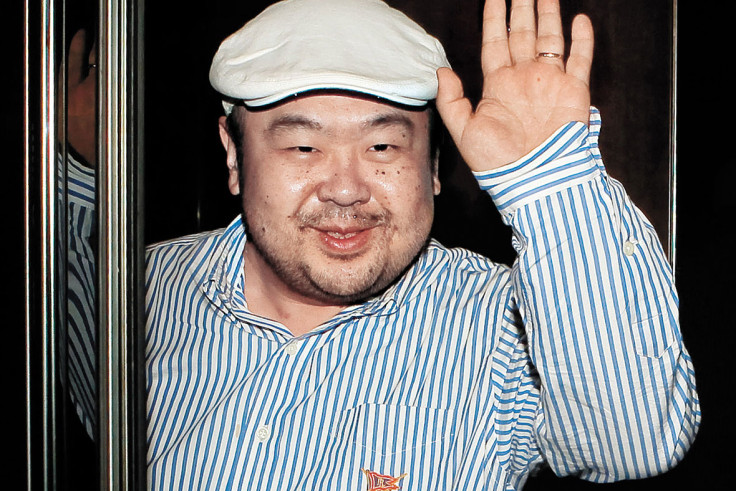Kim Jong-nam assassination: Chemical weapons expert found VX nerve agent on clothes of accused women
Malaysia gripped by trial over killing of North Korea leader's older brother.
A government chemist testified that he found traces of the banned VX nerve agent on the two women who are standing trial in Malaysia on charges of murdering the estranged half brother of North Korea's leader.
The testimony on 5 October was the first evidence linking VX to Indonesian Siti Aisyah and Doan Thi Huong of Vietnam, who are accused of smeared the nerve agent on Kim Jong-nam's face in a brazen assassination inside a crowded airport terminal in Kuala Lumpur on 13 February.
Raja Subramaniam, who heads the government's Center of Chemical Weapon Analysis, said he found VX in its pure form and VX precursors on Huong's white jumper and found a degraded product of VX on cuts of Huong's fingernails.
Huong was seen on airport surveillance videos wearing a white jumper emblazoned with the big, black letters "LOL", the acronym for 'laughing out loud'.
The chemist, who is the only Malaysian with a PhD in chemical weapons analysis, said earlier in the morning that laboratory tests detected VX acid, a degraded product of the nerve agent, on Aisyah's sleeveless T-shirt.
He said VX will degrade once it is exposed to the atmosphere, leaving degraded products of VX, and the best decontamination method is to wash under running water and physical scrubbing within 15 minutes of exposure to VX.
"The presence of VX precursors and VX degradation products confirms the presence of VX itself," he told the court. Raja also confirmed that he found VX on Kim's face, eyes, clothing and internally in his blood and urine.
Aisyah and Huong have pleaded not guilty to the murder charge that could bring the death penalty if they are convicted. They have not testified but their defence has said the women were duped by North Korean agents into believing they were playing a harmless prank for a hidden-camera TV show.

Gooi Soon Seng, lawyer for Aisyah, requested to view Huong's LOL jumper, which was sealed in a transparent plastic bag before it was officially admitted as evidence. But Raja told the court that the VX is still active and that it would be safer to view it in the laboratory.
Gooi told reporters outside court that detection of VX on the women was not enough to convict them. "If I have the knife, it doesn't mean I killed the person. They must have other stronger evidence," he said.
He also said Raja was inconsistent and shouldn't be afraid to open the bag with Huong's shirt since he testified VX could be easily washed off and doesn't evaporate quickly. The VX-tainted evidence from Kim's body and clothing was presented in court on 4 October in sealed plastic bags and the lawyers and court officials wore surgical masks and gloves.
Raja earlier described VX as the "deadliest nerve agent created" and literature showed that 10 milligrams could be fatal. He said VX is oily and difficult to detect as it is colourless and odourless, and can be easily transported in a water bottle. He said Malaysia's airports do not have the special equipment needed to detect VX.

Earlier witnesses have testified Kim suffered symptoms of chemical poisoning quickly and died from acute VX poisoning within two hours of the attack.
VX is banned by an international treaty as a weapon of mass destruction but is believed to be part of North Korea's chemical weapons arsenal.
Kim was the eldest son in the current generation of North Korea's dynastic rulers but was believed to have been cast out by his father and had lived abroad for years. He reportedly never met current leader Kim Jong-un, who is widely believed to have perceived his older sibling as a threat and targeted him for assassination.
The trial is being closely watched by the Indonesian and Vietnamese governments, which hired the defence lawyers for both women.

© Copyright IBTimes 2025. All rights reserved.



















